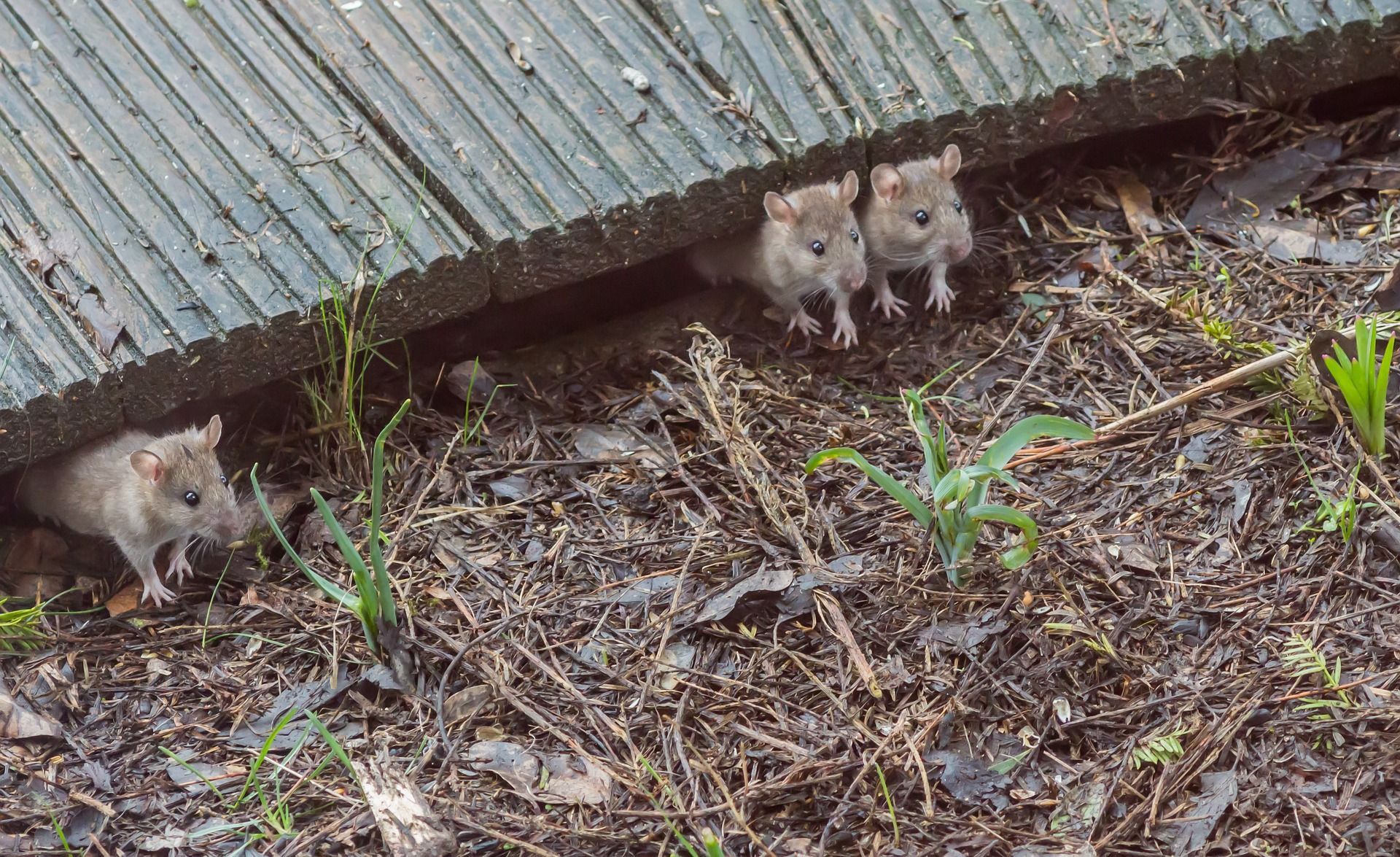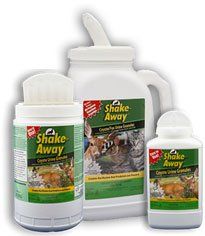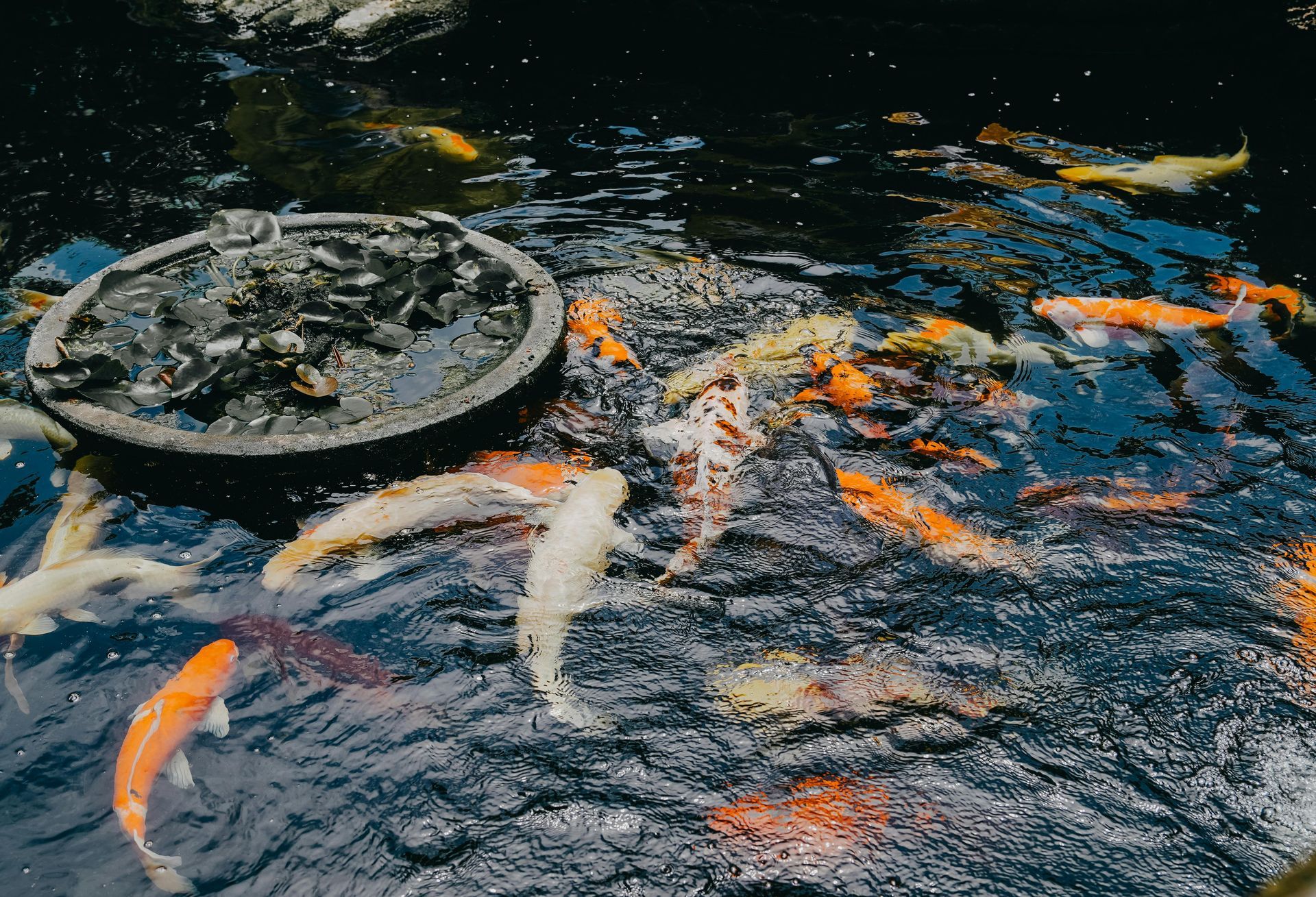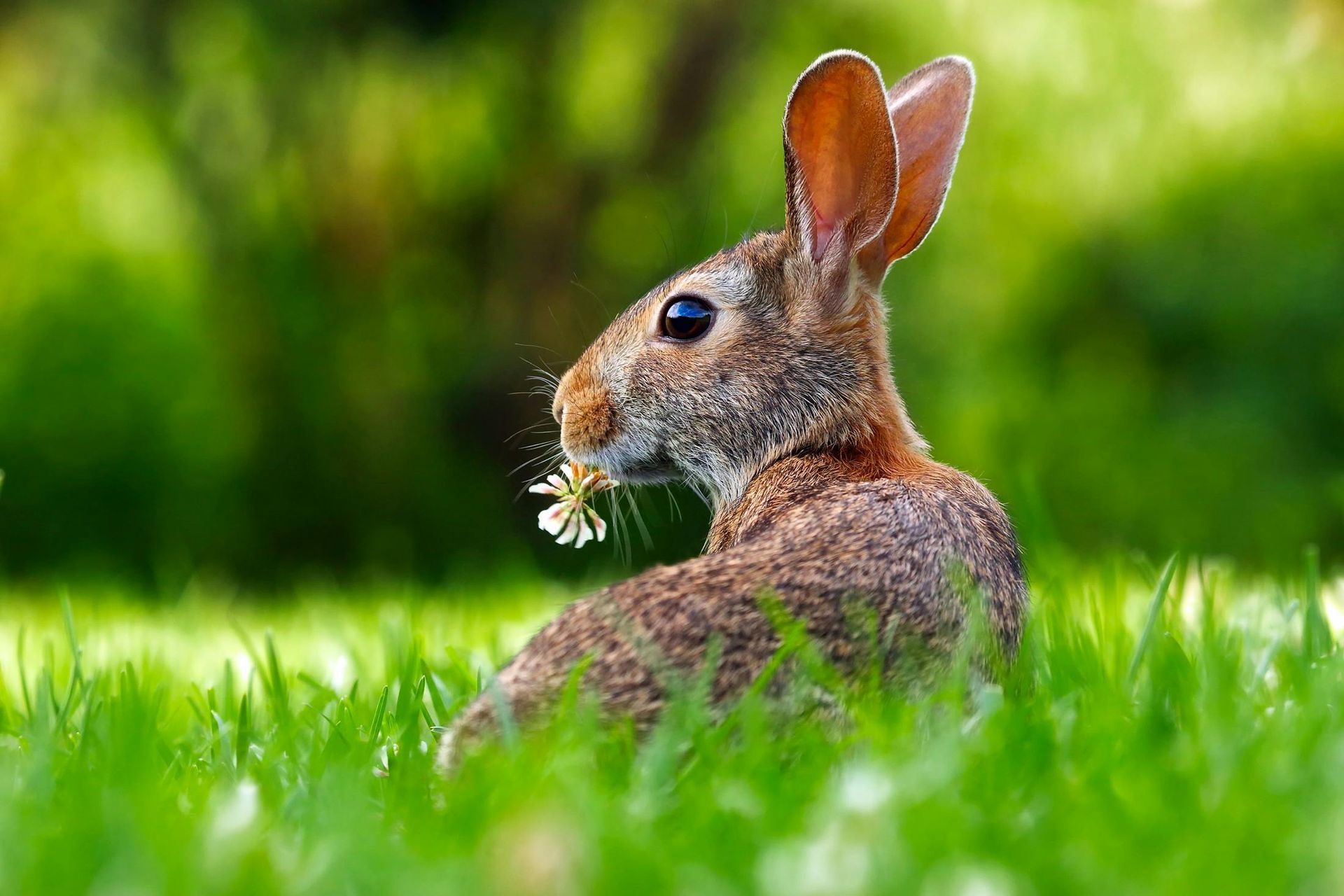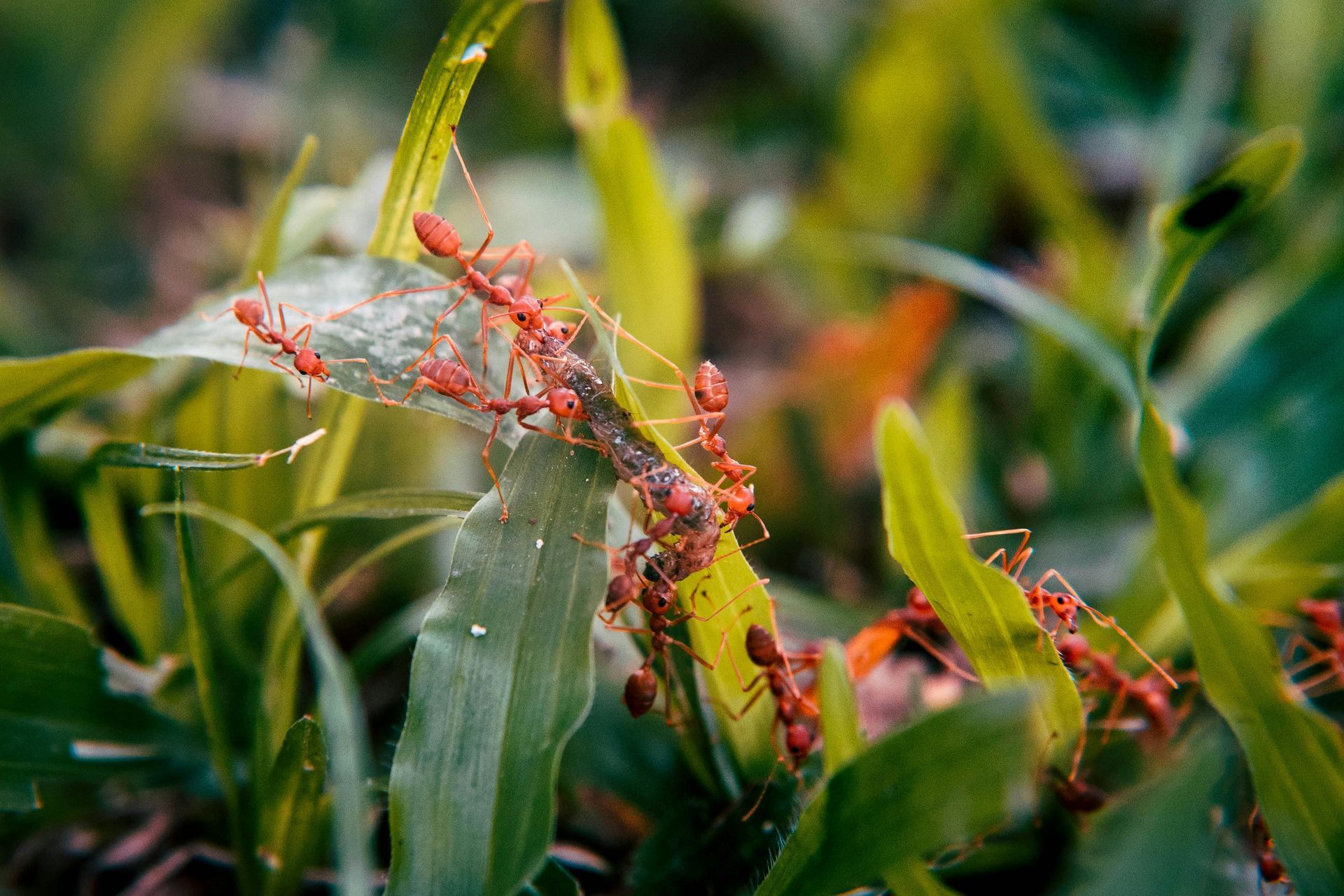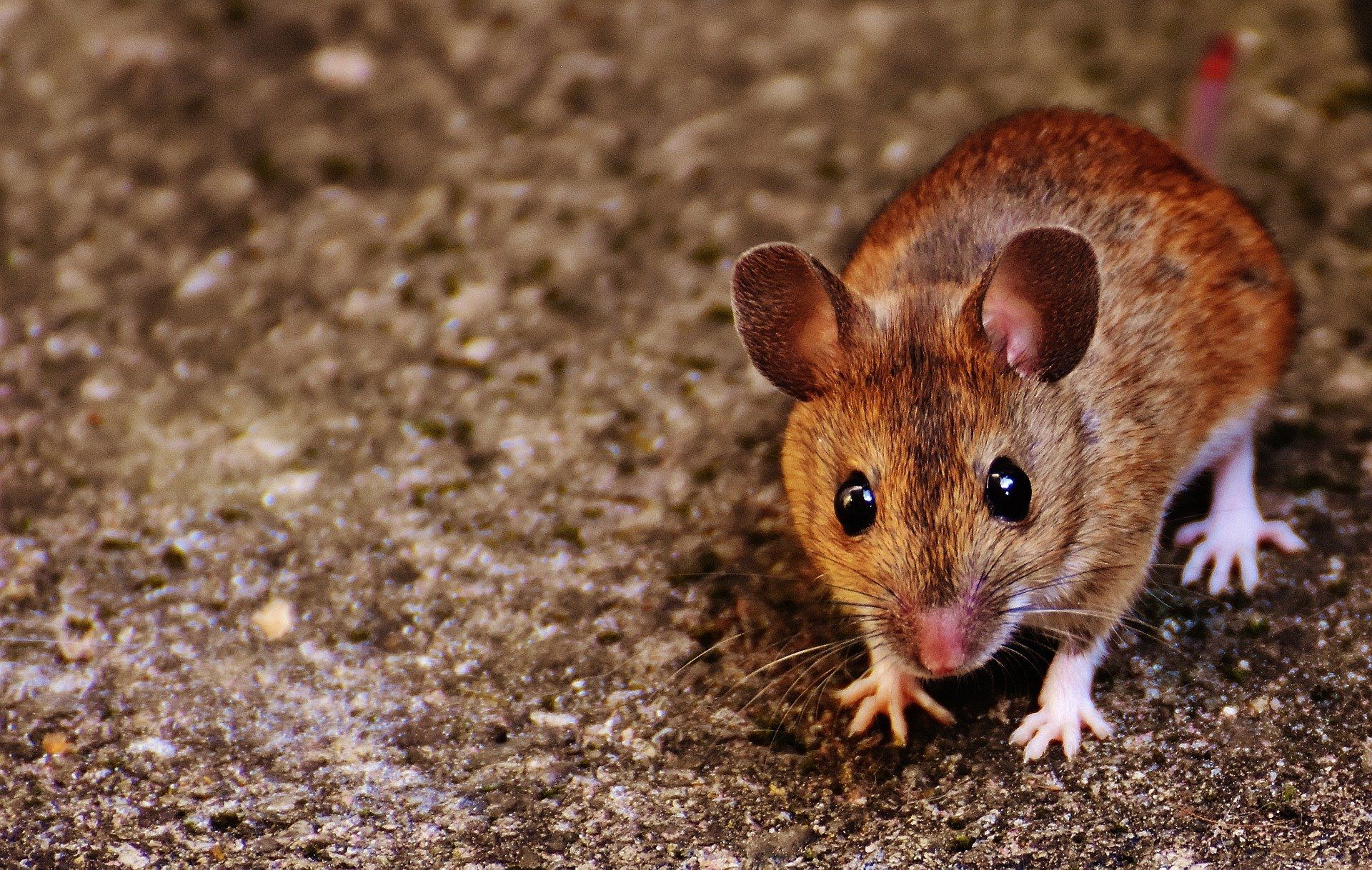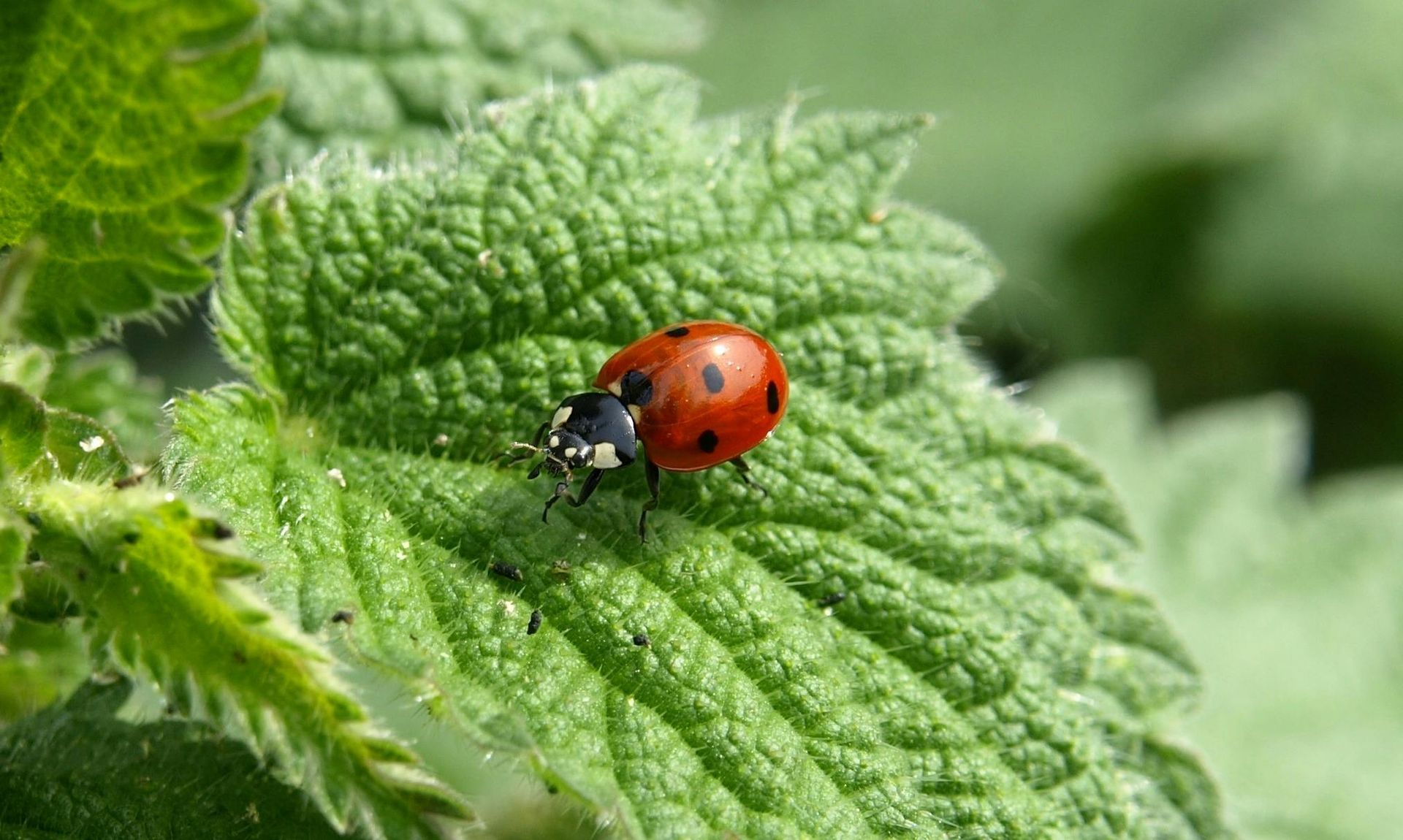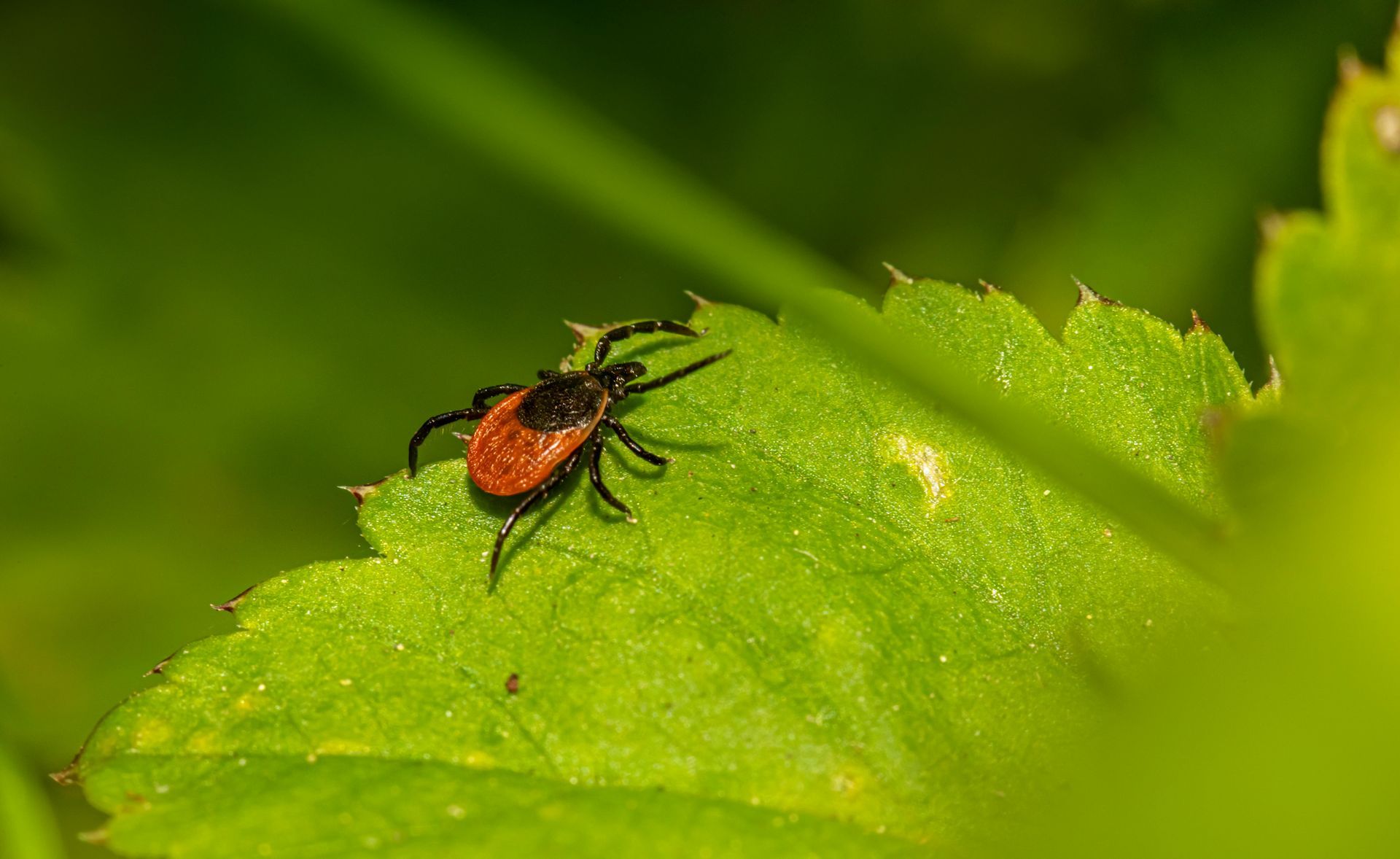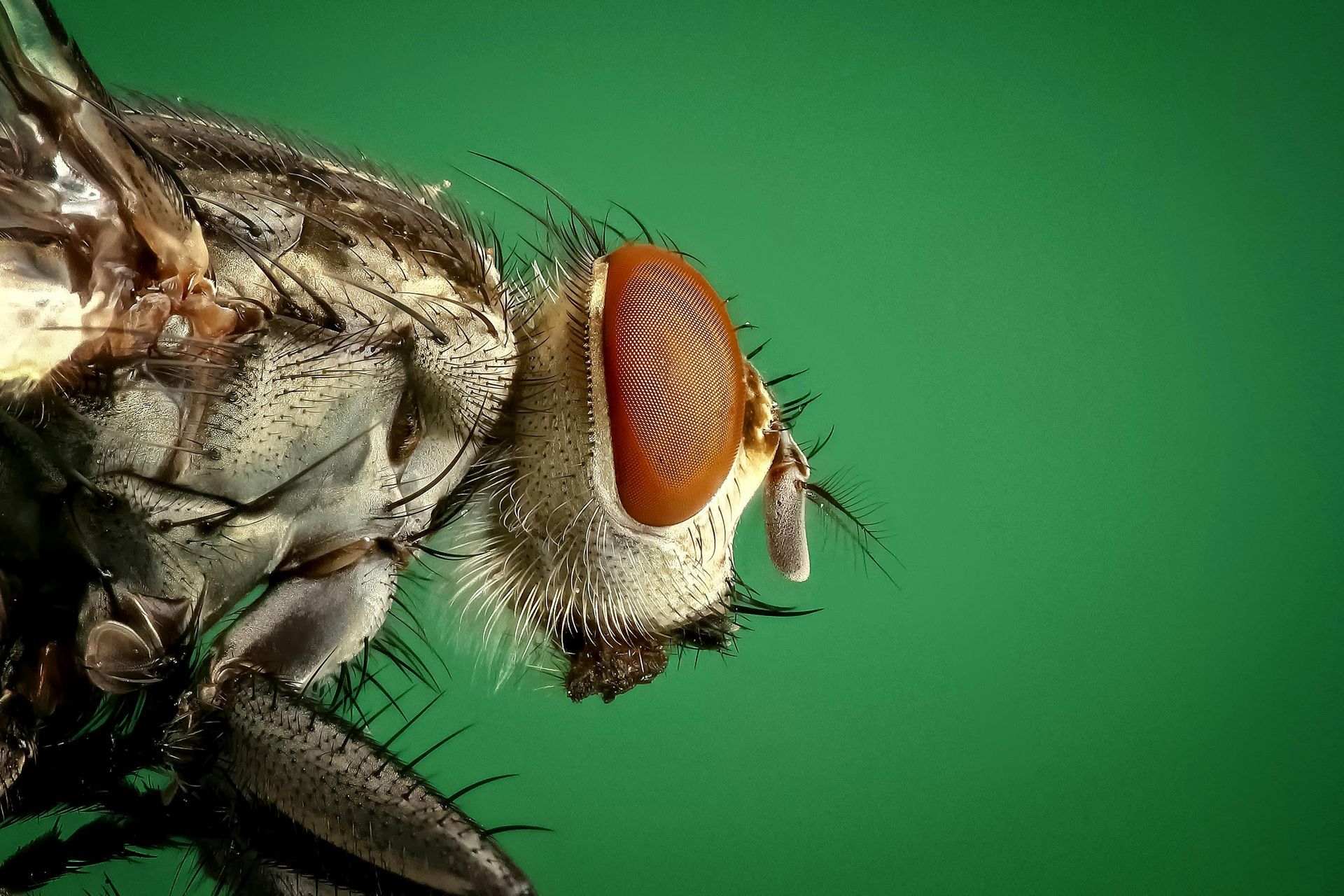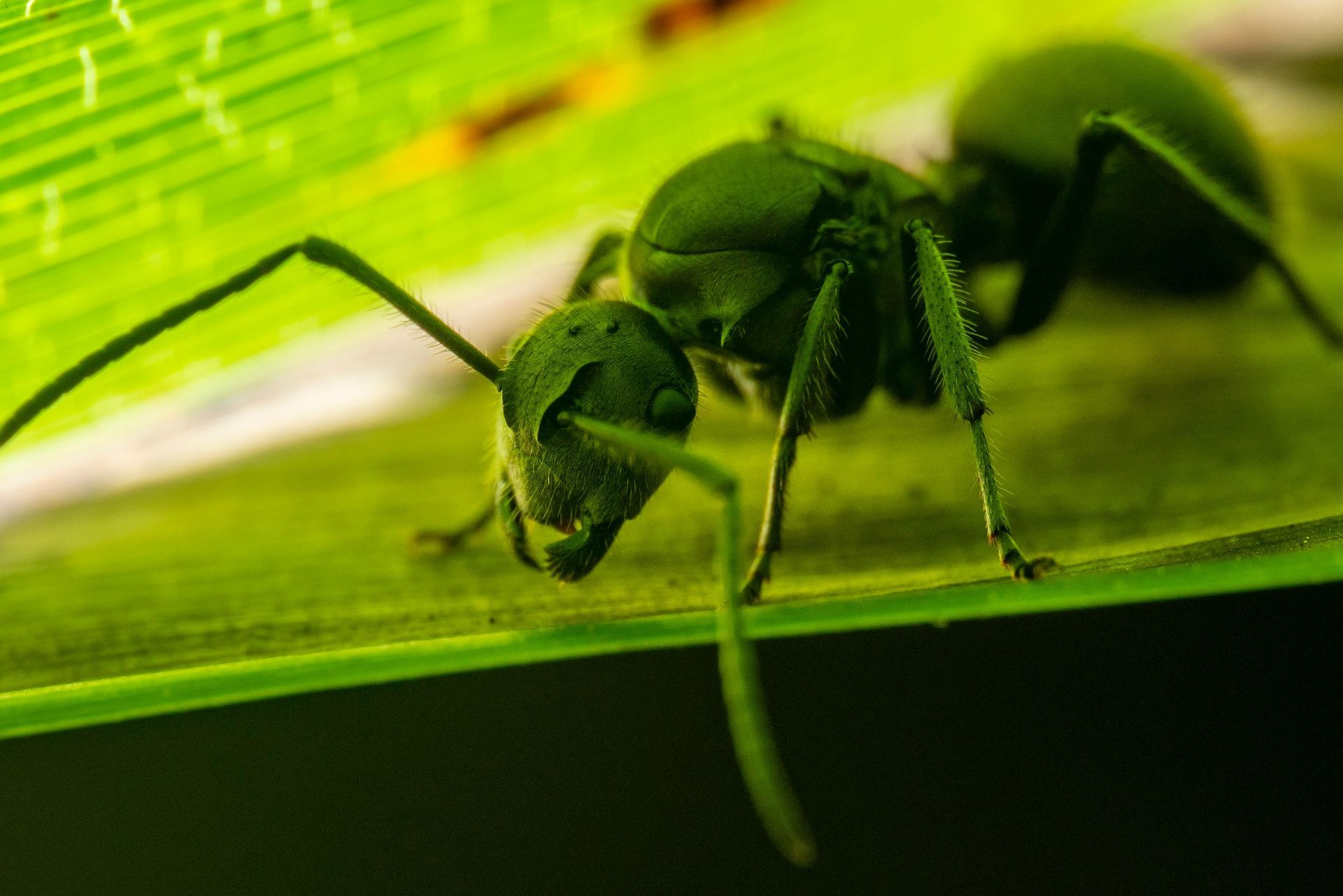How to Remove Conditions that Attract Rodents
Battling Rodents: Effective Strategies to Keep Unwanted Guests at Bay
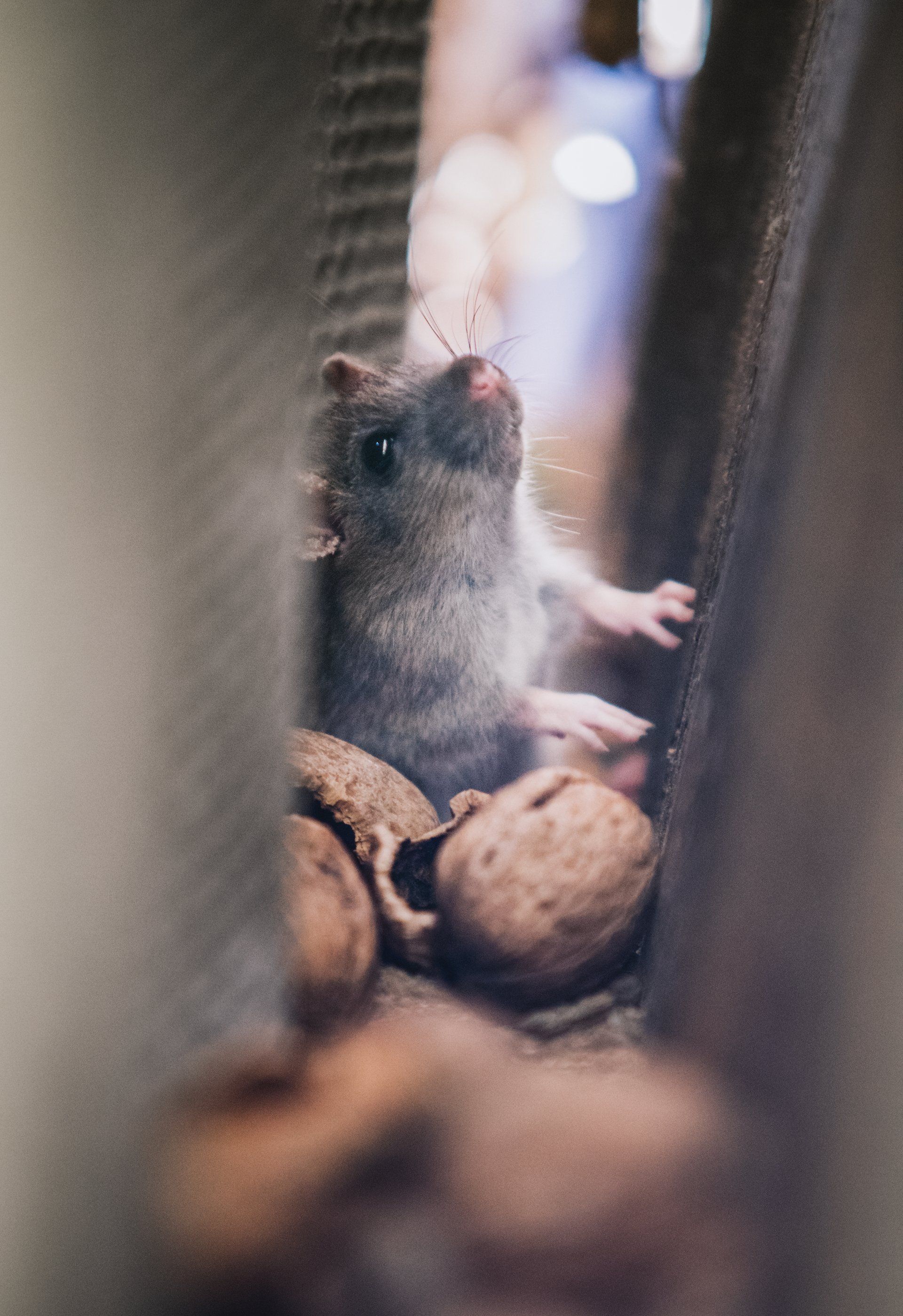
Oh rats! There’s a mouse in the house! But there won’t be for long when you follow these tips to eliminate the conditions that attract unwanted rodents in and around your home.
Warm weather is party time for rats, mice, voles, moles, chipmunks, and a host of other critters out looking for a good meal. Keeping rodents away from the house in summer can be a challenge, especially if you have gardens. Chemical and organic pest repellants may help, but the best way to keep rodents from coming too close is to remove trash and food scraps the little scavengers want to eat.
Clean and Cover
Cleaning up trash and covering food – especially in the kitchen and pantry – eliminates (or reduces) odors and aromas. Controlling conditions that attract rodents starts with these tasks:
- Seal garbage cans and pails. Discard trash in metal or hard plastic containers; rodents chew through paper and thin plastic bags.
- Store people and pet foods in tight glass or plastic containers.
- Rake compost piles frequently. Rodents may nest in or nearby piles of debris.
- Clean floors and counters regularly. Mice like those extra crumbs that fall through the cracks. Clean out food cupboards, too.
- Seal holes and cracks in your roof and siding and clean vents. Warm indoor (and outdoor vents) are ideal for a new mama and her babies.
Outdoors
If you have vegetable and flower gardens, live near farm fields, or just enjoy a backyard barbecue, chances are that mice, voles, rats, and other rodents have your home on their feeding radar. If you live near a cornfield, you’ll see mice – they come with the territory.
Tip: After severe weather or natural disasters, rodents may relocate to new areas. They can bring disease that leads to food and water contamination, so be extra cautious after a significant weather event.
How to keep rats and rodents away:
- Haul away trash.
- Clean grills and cooking utensils.
- Remove leaves, mulch piles, brush, and debris that draws mothers-to-be for nesting sites.
- Raise wood piles off the ground. Place firewood on cinder blocks or metal grates.
- Don’t leave any pet food outdoors. You may want to feed that stray cat but as they say, when the cat’s away, the mice will play – or eat, in this case.
- Trim trees and high bushes so they don’t touch the house. Mice, chipmunks, and squirrels travel on branches and ivy vines.
- Clean out the garage. Mice and rats like to snuggle where car engines get warm. Place weather stripping under the garage door to keep them out.
“Old-Fashioned” Mouse Trap Killers
If you don’t want to hire an exterminator, several types of mouse traps are available at big box stores, home and garden stores, and on the internet. Mice are attracted to the traps with some type of bait – peanut butter, cheese, birdseed, or nuts, for example.
Snap mouse traps with metal springs on wooden slats are popular for quick kills. Similarly, electric kill mouse traps draw mice into a chamber. They are designed to get rid of the mice while keeping people and pets from getting shocked. These options are relatively inexpensive but don’t solve the problem of keeping mice out of the house for good.
Remember: if you go this route, you’ll have to monitor, clean up, and re-bait your traps often.
Humane Mouse Deterrents
Live-catch chamber traps will lure the mice but don’t kill them. These traps have trigger-activated doors that open upon demand. You can then take that cute little mousy back to the fields or anywhere away from your home and release it. Catch-release traps are humane options for ridding your home of mice.
Natural mice repellents on the market can get the job done, too. Specialized granule products emit vapors that disturb a mouse’s nervous system, forcing it away from the area.
Get a Cat!
Just like in cartoons, cats do chase and capture mice! And a cat will make its presence known in your house. Visit your local animal shelter or check out Petfinder to be adopted by a cat (or 2 or 3 or 4). Before you know it, your feline friend(s) will be bringing you “presents” the natural way.
Keeping your property clean is the best way to deter unwanted pests from invading the house. Critter-Repellent can help, too.
Teri Silver is a journalist and outdoor enthusiast. She and her husband live on 5 acres with a vast lawn, three gardens, a farm, a pond, many trees, and a lot of yard work! The best parts of the year are summer and fall when home-grown veggies are on the dinner table.
Critter Repellent All Natural Animal Repellent Blog
